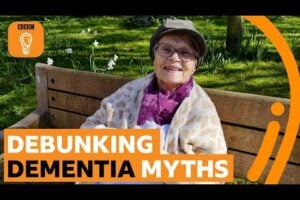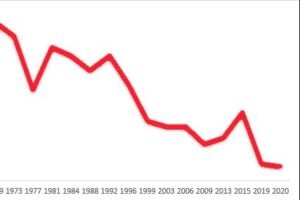In the battle of the sexes, women have long claimed that they can remember things better and longer than men can. A peer-reviewed study proves that middle-aged women outperform age-matched men on all memory measures.
Notwithstanding, memory does decline as women enter postmenopause. The study is published online in Menopause, the journal of The North American Menopause Society (NAMS).
Memory loss, unfortunately, is a well-documented consequence of the aging process. Epidemiological estimates suggest that approximately 75% of older adults report memory-related problems. Women report increased forgetfulness and “brain fog” during the menopause transition.
In addition, women are disproportionately at risk for memory impairment and dementia compared with men. Despite these conditions working against them, middle-aged women still outscore their similarly aged male counterparts on all memory measures, according to the study.
The cross-sectional study of 212 men and women aged 45 to 55 years assessed the following:
- Episodic memory
- Executive function
- Semantic processing
- Estimated verbal intelligence through cognitive testing.
Associative memory and episodic verbal memory were assessed using a Face-Name Associative Memory Exam and Selective Reminding Test.
In addition to comparing sex differences, the study also found that premenopausal and perimenopausal women outperformed postmenopausal women in a number of key memory areas. Declines in estradiol levels in postmenopausal women were specifically associated with lower rates of initial learning and retrieval of previously recalled information, while memory storage and consolidation were maintained.
“Brain fog and complaints of memory issues should be taken seriously,” says Dr. JoAnn Pinkerton, NAMS executive director. “This study and others have shown that these complaints are associated with memory deficits.”











